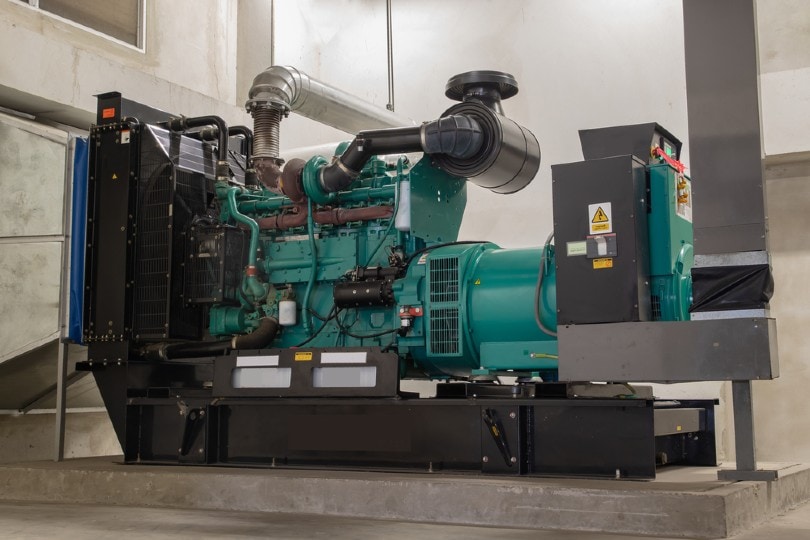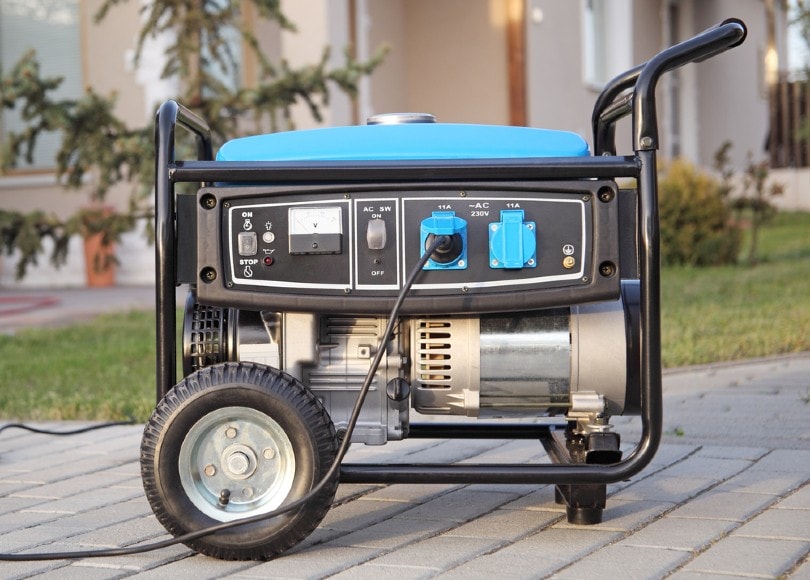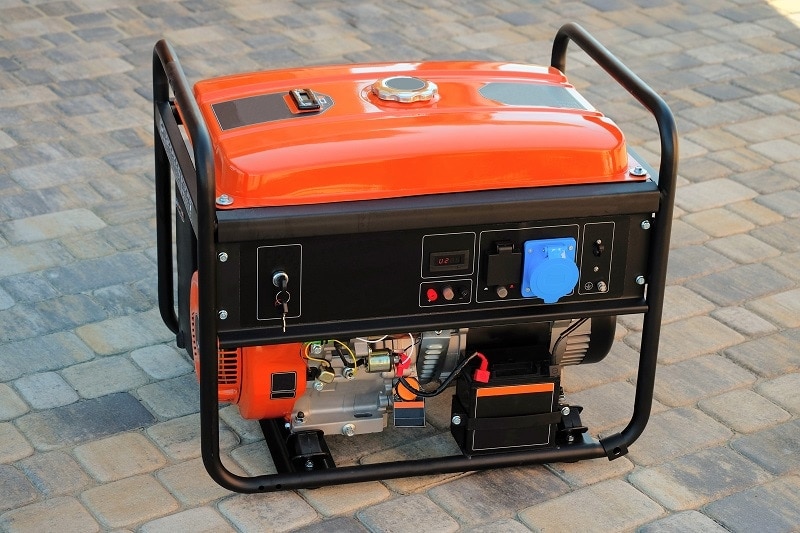What Size Generator Do I Need? Types, Usage, & Factors
-

- Last updated:

If you are looking to buy a generator, then you want to get the sizing right. You do not want to buy a generator that is unable to function properly because it has a lower capacity than is required. Also, buying a generator with a higher capacity might be a waste of money. If you need to get a generator and are uncertain about the size, then this guide is for you!
In this guide, we will walk you through a complete generator sizing guide.
However, choosing a generator can be a challenge. Several factors will determine the right size of generator for your needs.

Varieties of Generators
Everyday technology is advancing, and this is being applied in every sector. Currently, generators are available in a wider range of sizes. For homes and personal use, there are generators between 5 kW and 50 kW, while for industrial use, there are generators between 50 kW and over 3 MW.

Factors Affecting the Size of Generator
Here are some of the factors that can affect the size of the generator you need;
Use
The size of generators used in homes is different from the size of generators used in industrial areas. If you are a homeowner that requires backup power until the main power is restored, then you might just need a generator that can supply up to 2 kW for recreational uses and about 50 kW for use in the full house.
In industrial settings, you will require more power, from about 20 kW to about 3 MW. The more intense the industrial application is, the more capacity of power it will require. So, before choosing a size, determine the purpose of the generator.
Wattage
To get the minimum output required from the generator, you will need to calculate the total wattage of your electrical appliances. This means you first have to decide the appliances that will be powered by the generator. After that, you can calculate the wattage requirement so that you will know how much power it requires.
Simply list out all the electrical appliances that will make use of the generator, and then state the wattage that each appliance will consume. By summing up the wattage of all the appliances, you will get an approximate value of the right wattage your home requires.
After finding the value in watts, you will need to convert it to kVA since this is the unit that generators use. With a simple formula below, this can be achieved.
First, note that all generators have a power factor, and the standard power factor for most generators is 0.8.
With this total wattage, you can decide the right size of generator that you need. Here is a quick guide that can help with the generator sizing;
| Total wattage | Appliances | Recommended generator size |
| 1,800 | Power tools of about 1,000 watts. | 2.4 kVA generator |
| 3,500 | Power tools of about 2,200 watts. | 4.4 kVA |
| 6,000 | Power tools of about 3,400 watts. | 7 kVA. |

Unique Situations
Some situations unique to you can affect the size of the generator you get. They include:
1. Frequent Power Outages
If you have frequent power outages, then you might require a larger generator capacity. If you live in areas that are prone to hurricanes, tornadoes, and other weather challenges, then you are likely to get frequent blackouts. Home portable generators are perfect for you if you fall under this category. They can supply power to the entire household for prolonged periods.
2. Occasional Outages
In this case, the outages are not so frequent, but they occur sometimes and are sustained. You would not want to get a standby generator in this case as it might be a waste of money.

3. Rare Outages
If you rarely get blackouts, and it is mostly restored within a short time, you might not necessarily need a generator. However, if you want to get one to feel secure, then a mid-sized or small recreational generator should do the job perfectly.
Importance of Choosing the Right Generator Size
It might be tempting to choose an undersize generator, especially when doing this can save you some money. However, this is going to cause a disaster in the future. Buying the right size now and spending more money will cost you less money in the long run.
- Increased ease of use
- Increased safety
- Longer usability
- Reduced likelihood of damages
- Reduction in cost of maintenance

Conclusion
Getting the right size of generator is important to save you money and provide for your unique needs. Remember that generators need good maintenance to have a prolonged life, no matter the size. Taking good care of your generator will make sure you have years of trouble-free use.
Featured Image Credit: anutr tosirikul, Shutterstock
Contents

